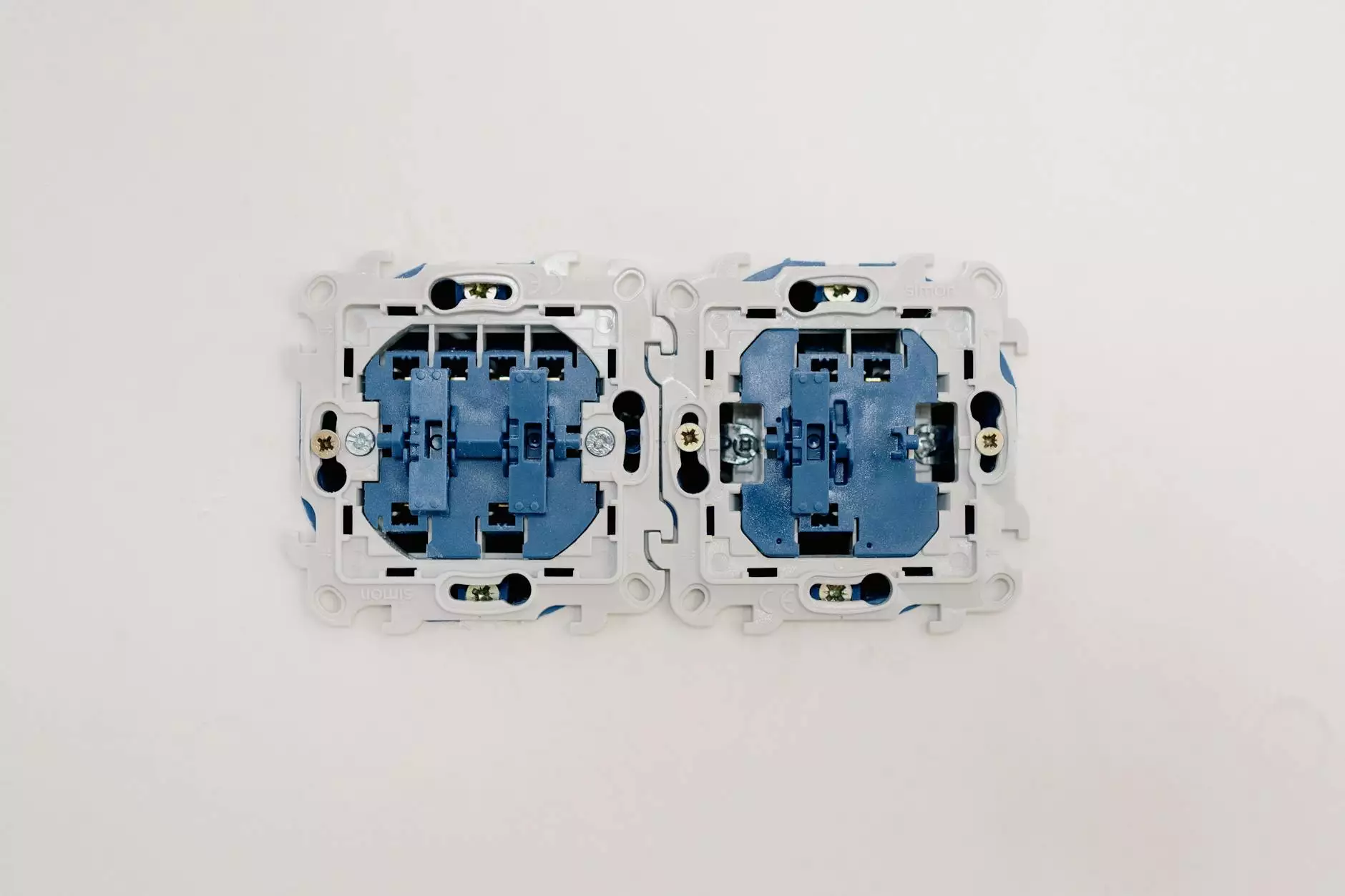Understanding the Importance of Street Cleaning Trucks

In today’s fast-paced urban environments, the significance of street cleaning trucks cannot be overstated. These specialized vehicles play a crucial role in maintaining cleanliness and hygiene in our cities. They operate tirelessly, ensuring that our streets are free from debris, garbage, and other pollutants that can impact both the environment and the residents' quality of life. This article delves into the various aspects of street cleaning trucks, exploring their features, operation, and benefits, while also discussing their essential contribution to urban sustainability.
The Role of Street Cleaning Trucks in Urban Maintenance
Street cleaning trucks serve multiple purposes in urban maintenance. They are integral to:
- Removal of Debris: Collecting leaves, trash, and other litter from roadways.
- Preventing Pollution: Minimizing the buildup of pollutants that can enter storm drains and affect water quality.
- Enhancing Aesthetics: Keeping neighborhoods looking tidy and appealing to residents and visitors alike.
- Promoting Health: Reducing potential breeding grounds for pests and supporting public health initiatives.
Types of Street Cleaning Trucks
Street cleaning trucks can be broadly categorized based on their mechanism of operation and design. The key types include:
1. Mechanical Broom Sweepers
Mechanical broom sweepers utilize rotating brushes to sweep up debris, which is then collected into a hopper. These trucks are ideal for:
- Rough Surfaces: They perform exceptionally well on uneven and gravelly roads.
- Fast Collection: They are capable of cleaning large areas quickly.
2. Vacuum Sweepers
Vacuum sweepers are designed to vacuum debris from the street surface using powerful suction. Their advantages include:
- Fine Dust Control: They excel at capturing fine particles that broom sweepers might miss.
- Low Emissions: Many modern vacuum sweepers are equipped with environmental technologies that reduce emissions.
3. Regenerative Air Sweepers
These trucks use a combination of air pressure and suction to lift debris from the road surface. The benefits include:
- Efficient Cleaning: They are particularly effective on sensitive surfaces like pavements and parking lots.
- Gentle on Infrastructure: Minimal wear and tear on the roads due to their gentle cleaning method.
The Features of Modern Street Cleaning Trucks
Advances in technology have transformed street cleaning trucks into sophisticated vehicles equipped with various features designed to enhance their efficiency. Some of these features include:
- GPS Navigation Systems: Allow operators to plan efficient cleaning routes, saving time and fuel.
- Real-Time Monitoring: Enables fleet managers to track the performance and status of each vehicle.
- Water Recycling Systems: Reduce water usage by recycling collected water for dust suppression.
- Ergonomic Designs: Enhance operator comfort and facilitate long hours of operation with minimal fatigue.
Benefits of Street Cleaning Trucks
The operation of street cleaning trucks offers numerous benefits beyond just eliminating rubbish. Here are some of the most significant advantages:
1. Environmental Protection
Regular street cleaning helps to minimize the amount of trash and pollutants entering surface waters, thus protecting local ecosystems. Furthermore, it aids in conserving biodiversity by preventing the accumulation of hazardous waste and chemicals in water bodies.
2. Improved Public Health
Clean streets are essential for public health. By removing waste, street cleaning trucks reduce the prevalence of pests like rats and mosquitoes, which can spread diseases. Maintaining clean and hygienic public spaces also encourages physical activity among residents and enhances overall community well-being.
3. Enhanced Property Value
A clean environment directly influences property values. Areas that are well-maintained and free of litter are more attractive to potential residents and businesses. As a result, cities investing in street cleaning services can see an uptick in real estate values and tourism.
4. Safety Improvements
Properly maintained streets reduce the risks of accidents caused by debris or obstructions. Street cleaning trucks ensure clear pathways for both vehicles and pedestrians, enhancing road safety.
Challenges Faced by Street Cleaning Operations
While street cleaning trucks provide vast benefits, they face several challenges that must be addressed for optimal performance:
- Budget Constraints: Many municipalities struggle with limited budgets, making it difficult to maintain a regular cleaning schedule.
- Weather Conditions: Extreme weather can impede cleaning operations, leading to delays and increased debris accumulation.
- Public Perception: Some individuals may undervalue the importance of street cleaning, leading to insufficient support for necessary funding and resources.
Innovative Technologies in Street Cleaning Trucks
The street cleaning industry is evolving with the integration of various innovative technologies:
1. Eco-Friendly Technologies
Many manufacturers are now developing street cleaning trucks that run on alternative fuels, such as electricity or compressed natural gas (CNG). This transition helps to minimize greenhouse gas emissions and improve urban air quality.
2. Automation
Automated street cleaning trucks are being introduced, allowing for precise cleaning with reduced human intervention. These vehicles can operate on autonomously programed routes, optimizing efficiency and resource use.
3. Smart Sensors
State-of-the-art sensors utilize real-time data to identify the dirtiest areas in a city, allowing for targeted cleaning operations. This level of precision reduces the wastage of resources and time on low-traffic or cleaner areas.
Conclusion: Investing in Cleaner Cities
Street cleaning trucks are more than just vehicles; they are vital components of urban maintenance that contribute to the cleanliness and sustainability of our cities. Investing in these trucks and the technologies that power them not only promotes better public health but also enhances the overall quality of urban life. As cities continue to grow, their reliance on efficient cleaning systems will only increase, making it essential to prioritize this once-overlooked aspect of city management. By embracing these vehicles and supporting street cleaning initiatives, we take essential steps towards creating cleaner, healthier, and more sustainable urban environments for all.



